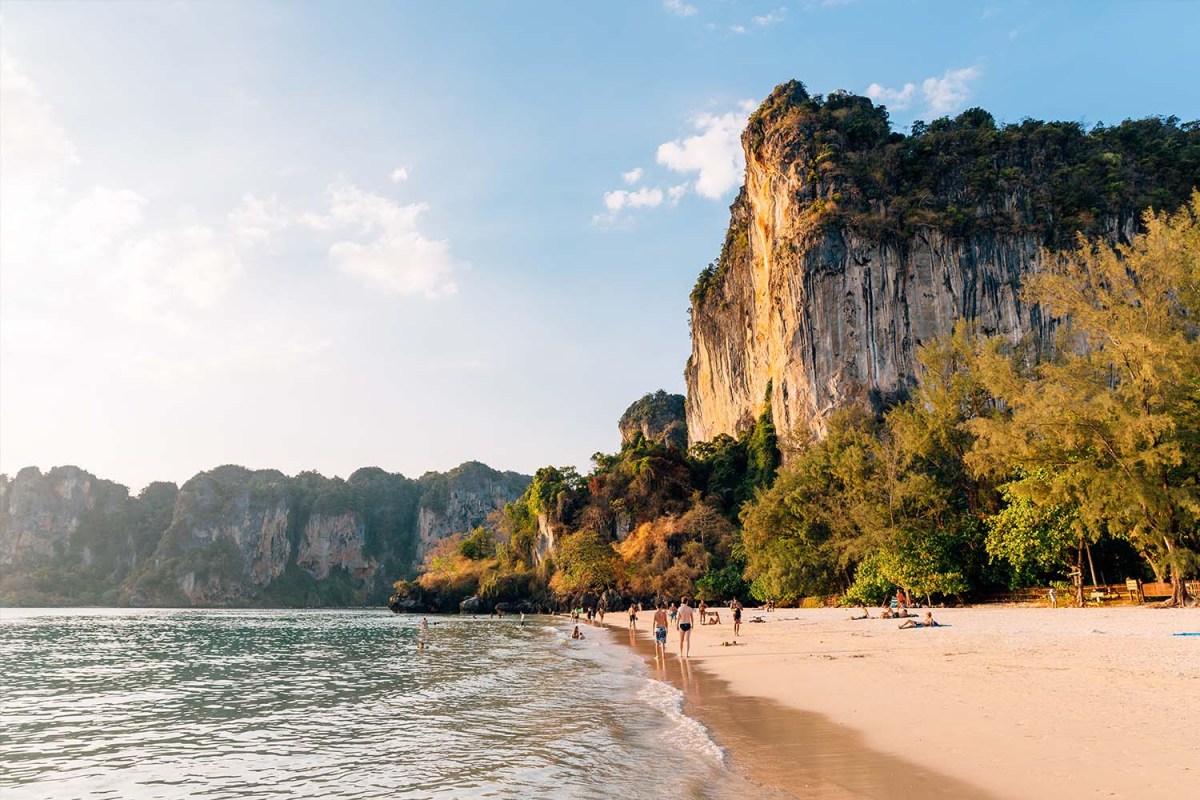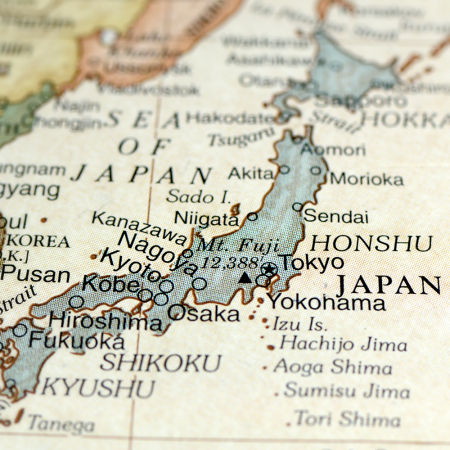Earlier this week, Thailand announced that starting Monday, Jan. 9, it would be reimplementing some of its pandemic-related travel restrictions on inbound international visitors — a full three months after the country ended its nationwide COVID-19 Emergency Decree and, with it, all remaining COVID travel rules.
Presumably in response to China resuming international travel in spite of surging COVID cases (South Korea and Japan actually just began imposing entry requirements exclusively on travelers from China), the Thai Embassy updated their guidelines to say that all incoming airline passengers ages 18 and older would need to provide proof of vaccination against COVID or that they’d been infected and recovered inside of six months.
Further, as Travel Pulse reported at the time, “non-nationals visiting from countries whose requirements might prevent their re-entry if they test positive will also need to produce proof of a travel health insurance policy with coverage enough for at least USD $10,000 of COVID-19 treatment during their planned stay, plus an additional seven days spent in Thailand. “
That said, while the announcement was eerily reminiscent of March 2020 when Thailand initially began imposing travel restrictions, thus a little sinister, it was also apparently a little premature.
No, Thailand’s New Travel Tax Is Not an Effort to Ban “Low-Value” Tourists
Critics say it’s a ploy to keep backpackers at bay, but the country has suffered widespread environmental damage in recent yearsAccording to a second report from Travel Pulse, the Tourism Authority of Thailand (TAT) has, after four days, decidedly reversed the decision to begin enforcing COVID-related entry rules for a second time.
“We are most pleased to continue to be able to welcome all visitors to Thailand without proof of vaccination or a negative ATK or RT-PCR test result,” TAT Director Santi Sawangcharoen said. “With the simplified entry process, the Kingdom’s vibrant culture, cuisine and natural beauty are able to remain the focus of travel to Amazing Thailand.”
By extension, visitors will not be required to show proof of inoculation, or a negative test result, prior to entry. (Though, visitors certain from countries, China and India chief among them, might still have to do so prior to returning home.)
Additionally, starting March 31, international visitors entitled to visa exemption will be permitted to stay as long as 45 days, and those eligible for a Visa on Arrival can stay for 30 days. Though, while those visitors may not have to provide proof of vaccination or a negative test, they will have to start paying a $12 fee starting in June.
According to the Straits Times, the money will be used to “support visitors involved in accidents and develop tourist destinations.” This follows the 2022 announcement from Thailand’s Tourism and Sports Ministry that it would begin collecting a 500-baht tourism fee for a “tourism transformation fund” to help “subsidise projects that transform the industry, focusing on high-value and sustainable tourism.” ($500 baht is around $15.)
We’d give it four days to see if it sticks, though.
Thanks for reading InsideHook. Sign up for our daily newsletter and be in the know.



















